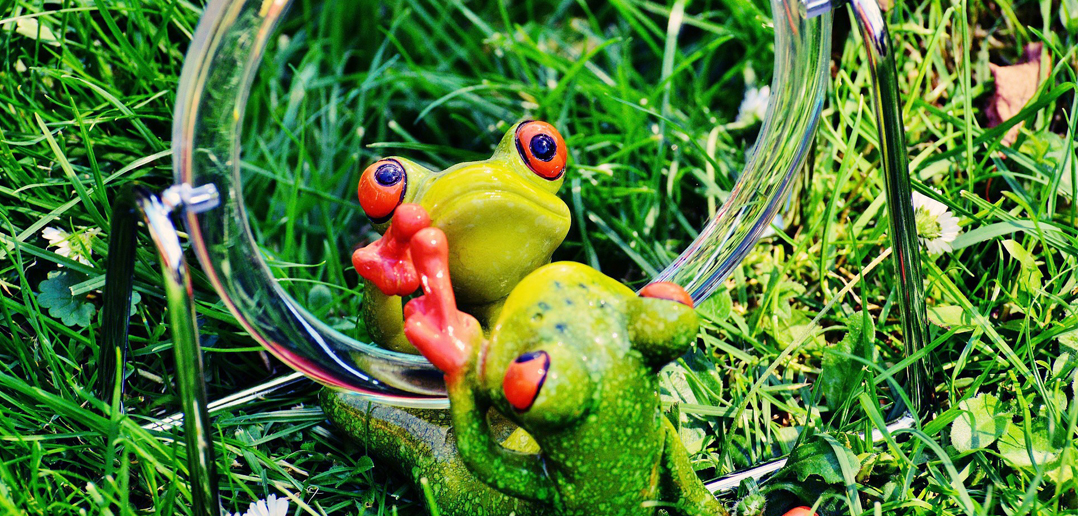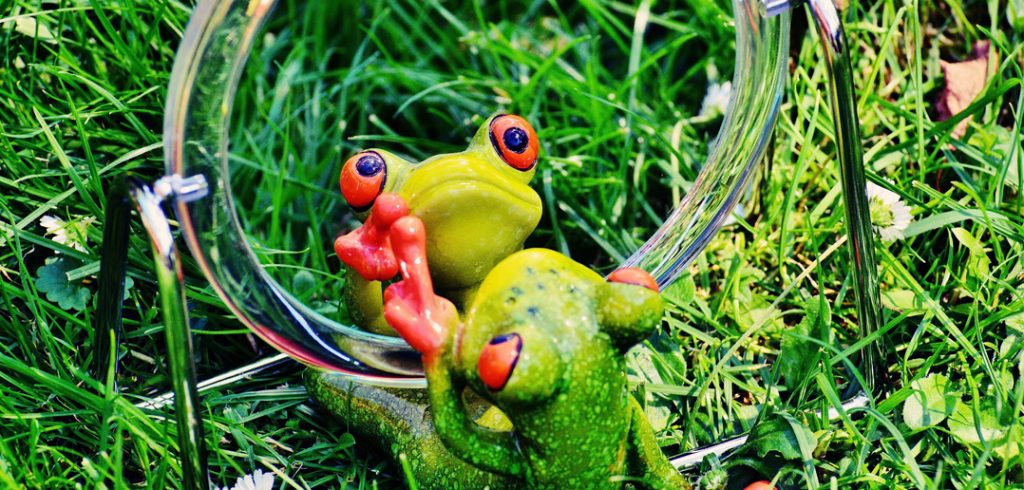Whether it’s What is your greatest weaknesses? or Describe a time you made a mistake at work, that ‘weaknesses’ interview question is sure to induce sweaty palms.
But recent research from scientists at University College London suggests that there’s no need to worry about admitting your weaknesses.
It turns out that people who voluntarily bring up their flaws when interviewing for jobs are more likely to be successful because they stand out from their rivals.
But there’s a right and a wrong way to answer this question even if you are honest about your pitfalls. Read on to find out how to tackle that ‘weaknesses’ question in a job interview and provide an outstanding response.
Common ways of asking the question
That ‘weaknesses’ question can be asked in a variety of ways, so make sure you familiarise yourself with the most common phrasings to make sure you don’t get caught off guard.
Here are the most common examples:
- What are your weaknesses?
- Describe a time you struggled at work.
- What is your greatest weakness?
- What are your weakest skills?
- Have you learned from your mistakes?
- What would your manager say you need to work on?
- What’s the one area you need to improve on?
What employers are looking for
Interviewers love the weaknesses question – but rest assured they’re not trying to catch you out.
Everyone knows that Mary Poppins is the only one who’s practically perfect in every way, and therefore you shouldn’t pretend you are, too.
Interviewers, instead, want to get a feel for your self-awareness. Are you aware of the areas where you aren’t so on-point?
They also want to see how honest and humble you are. Are you going to disguise your strengths as weaknesses? Or, are you going to show them who you are, truthfully?
And finally, your interviewer wants to know how you can overcome your shortcomings. Can you address your weaknesses and self-improve or are your flaws going to hinder you in this new job?
In summary, your prospective employers genuinely want to know where you slip up, but also your ability to overcome these weaknesses and succeed in the workplace.
How to plan an outstanding response
Don’t think you can go into the interview and wing it with a good answer. In order to seriously impress, you need to plan an answer. Here are the three things you need to consider in order to supply an outstanding response.
What is your greatest weakness?
Firstly, you need to identify a few of your real weaknesses which are honest flaws. However, they shouldn’t question your ability to do the job requirements.
Therefore, the weaknesses you reference ought to be fixable and not a major requirement of the job.
For example, if you’re going for an in-house design role, a fixable weakness might be your confidence when talking on the phone to external clients.
An unfixable weakness would be talking on the phone to external clients if you’re going for a customer service role.
How are you correcting them?
Once you’ve identified your weaknesses, you need to define how you’re correcting these pitfalls. This is to show the interviewer that you’re self-aware, that your weaknesses won’t jeopardise your ability to do the job, and to highlight your sense of motivation and initiative which you can bring to the new role.
For example, if your confidence falters when on the phone to clients or partaking in public speaking, perhaps you’re seeking assistance from a coach or mentor.
Other ways of self-improving include taking classes and courses, volunteering, or using other tools and methods.
What you need to avoid
If you want to ensure your response is truly outstanding, here’s what you must avoid doing at all costs.
Turn a negative into a positive
Not only is turning a negative into a positive not answering the weaknesses question, it’s making your look a little obnoxious, too.
Therefore, avoid talking about your extreme perfectionism, your overabundance of organisation and being a complete workaholic.
Claim you have no weaknesses
We understand that this weaknesses question can be a tricky one, but you’re only going to raise a red flag if you claim you have none or refuse to answer the question. This is because the hiring manager will assume that you haven’t prepared properly, or worse, you’re hiding something.
Reveal too much
You, of course, need to remain honest when answering this question, but there is such thing as too honest. Remember not to be too candid a fess up to a weakness that would prevent you from winning a job offer and succeeding in this new role.
When faced with that ‘what is your greatest weakness’ question in an interview, the golden rule is not to panic and focus on your planning and preparation. Remember that the interviewer is on the lookout for a genuine flaw, but you need to prove to them that it won’t affect your ability to do the job because you’re a master of self-improvement.
About the author: Laura Slingo is Digital Copywriter for the UK’s leading job board, CV-Library. For more expert advice on job searches, careers and the workplace, visit their Career Advice pages.


